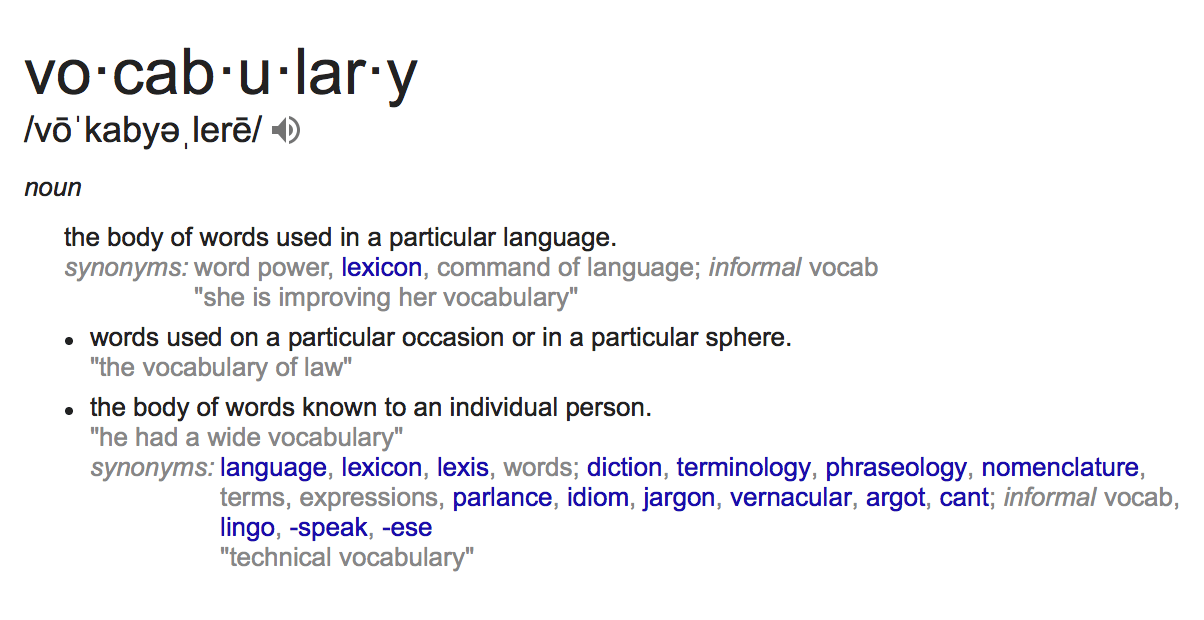We are now fluent in a different language.
Learning to speak the judicial and rehabilitation systems’ lingo took more concentration than I expected. In the beginning, it was arduous and required constant interruptions to get explanations for the strange vocabulary used. Now, Joseph and I, along with most of our kiddos, find ourselves capable of speaking and understanding this whole new world of phrases.
Staffing: [When’s our next staffing?] a meeting with specific people set at regular intervals to discuss and ascertain the progress or regress of a particular patient. In our case, the people included are: Asher; two of Asher’s peers in his rehabilitation program to corroborate anything Asher says; probation officer; social worker; primary rehabilitation staff worker; input from Asher’s core teacher; me and Joseph.
Program: [You need to do a better job of working program.] the set of rehabilitative tools given to Asher and his peers for learning new, appropriate values and coping tools. It is specifically used without a definite article (e.g. the) and includes both the officially sanctioned rehabilitative process as well as more informal applications of pro-social behaviors or expectations as laid out by staff.
On Cottage: [We are on cottage.] a phrase meaning the group is in their dorm area, which includes a communal living area, a private room specifically for group meetings, a few offices for the staff who oversee the juveniles, and either a bunk room or tiny, individual, locking cells for sleeping.
Wrap: [I will look into getting you set up with wrap.] is an abbreviation for wrap-around services. For a myriad of reasons, many families are incapable of managing the host of details related to a child entering the justice system. Scheduling interviews, arranging meetings across multiple agencies, transporting a child to and from several appointments is a daunting task for even an emotionally healthy, law-abiding citizen. Unfortunately, the overwhelming majority of children in the juvenile justice system do not come from emotionally healthy, law-abiding families. Wrap essentially performs the role of administrative assistant and manages the scheduling and transportation of most, if not all, of the juvenile’s administrivia.
JSO: [He’s my JSO, too.] juvenile supervision officer and is synonymous with social worker. This state certified individual ascertains and reports on the application of state-mandated criteria in the juvenile’s rehabilitation.
JPO and Probation: [I want a different JPO.] juvenile probation officer. Juveniles are not given parole and do not report to a parole officer. They are given probation (i.e. subjection to a period of testing or trial to determine fitness in a particular area – as for a job, school, or in our case living outside of JCF) and report to a probation officer.
Disposition: [Our disposition is set for Tuesday.] the court’s final determination of a lawsuit or criminal charge and often synonymous with sentencing.
Peer: [Your peers are ready to go.] juveniles living in the same cottage. There are 10-12 boys (or girls depending on the cottage) who do everything together from nightly group meetings to 1-room schoolhouse style education. Their meals are taken together and all their activities are done in this group.
Awareness: [Where is your awareness?] the act of having at least 2 other peers listening/watching you during every activity. Sleeping is the only exception to this rule. Even when you use the restroom, you must have at least two peers standing directly outside your stall to ensure you are not harming yourself or others. Depending on the emotional/mental state of a peer, awareness is sometimes increased and a juvenile requires more than two peers for all movement. Awareness allows for corroboration of any actions or statements made by a specific juvenile. In a corrections facility where manipulation and deception are the norms, it is easy to see the value of utilizing this system.
Stand Out Of Check/Put It In Check: [I stood out of check. or I put it in check right away.] an act of taking the input from peers/staff and immediately acknowledging it with an appropriate attitude. At JCF, peers are given a significant role in helping one another. The staff cannot possibly note every act of defiance. And rather than see a juvenile’s placement at JCF as a way to waste time for 18 months, the program makes a significant effort to address and genuinely change the harmful paradigms that led the juvenile to incarceration. So, when a juvenile is misbehaving, showing inappropriate attitudes, disrespecting another peer or staff, or engaging in harmful thoughts or behaviors, his peers will stop whatever they are doing and address it. The expectation is for the juvenile to remain calm and assess what is brought to his attention. This is putting it in check. If the juvenile is not able to remain calm or refuses to assess the concern brought to him, then he is standing out of check.
It is a bit bizarre to learn this new lingo. And at first, I chafed against some of it. But communicating is key to this process and using the right words and phrases is crucial to that end. I will, however, be glad when I no longer use it in my daily life.

1 Pingback